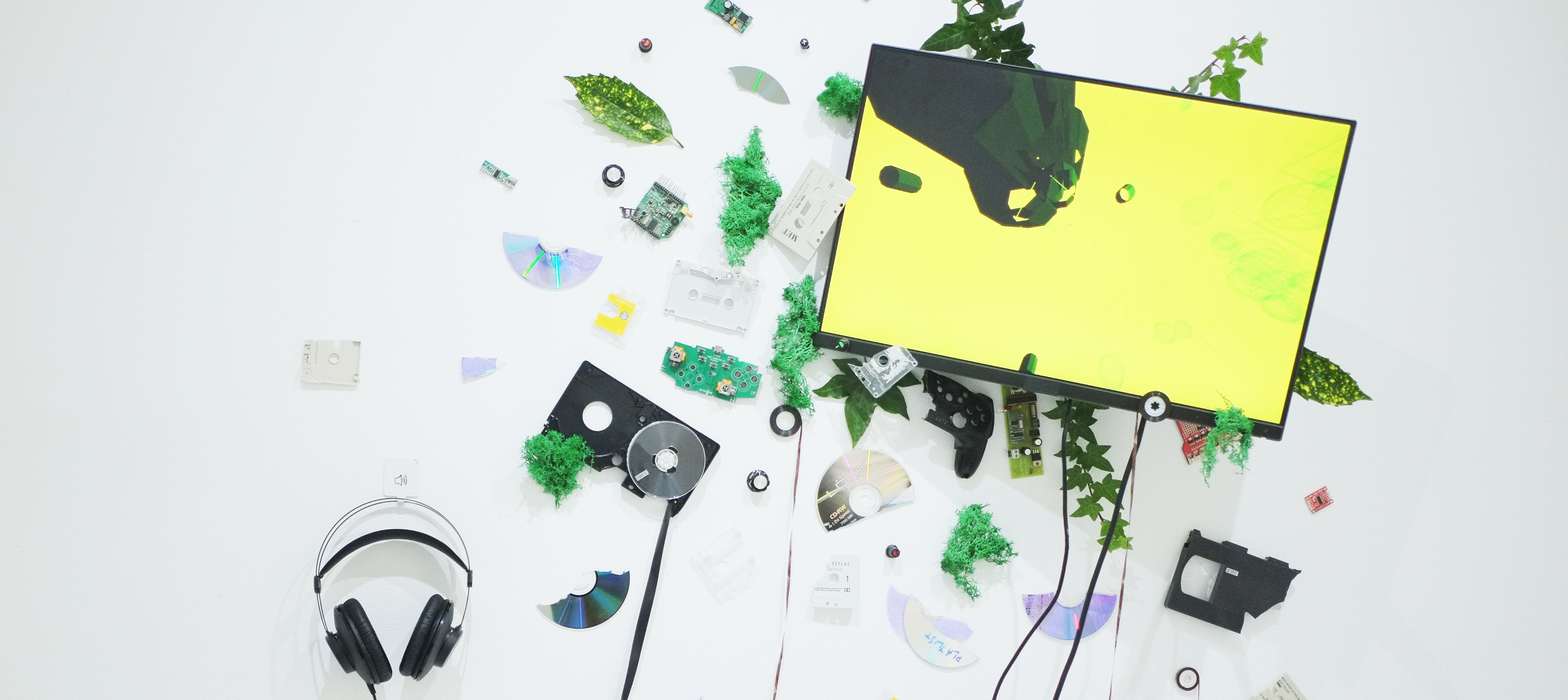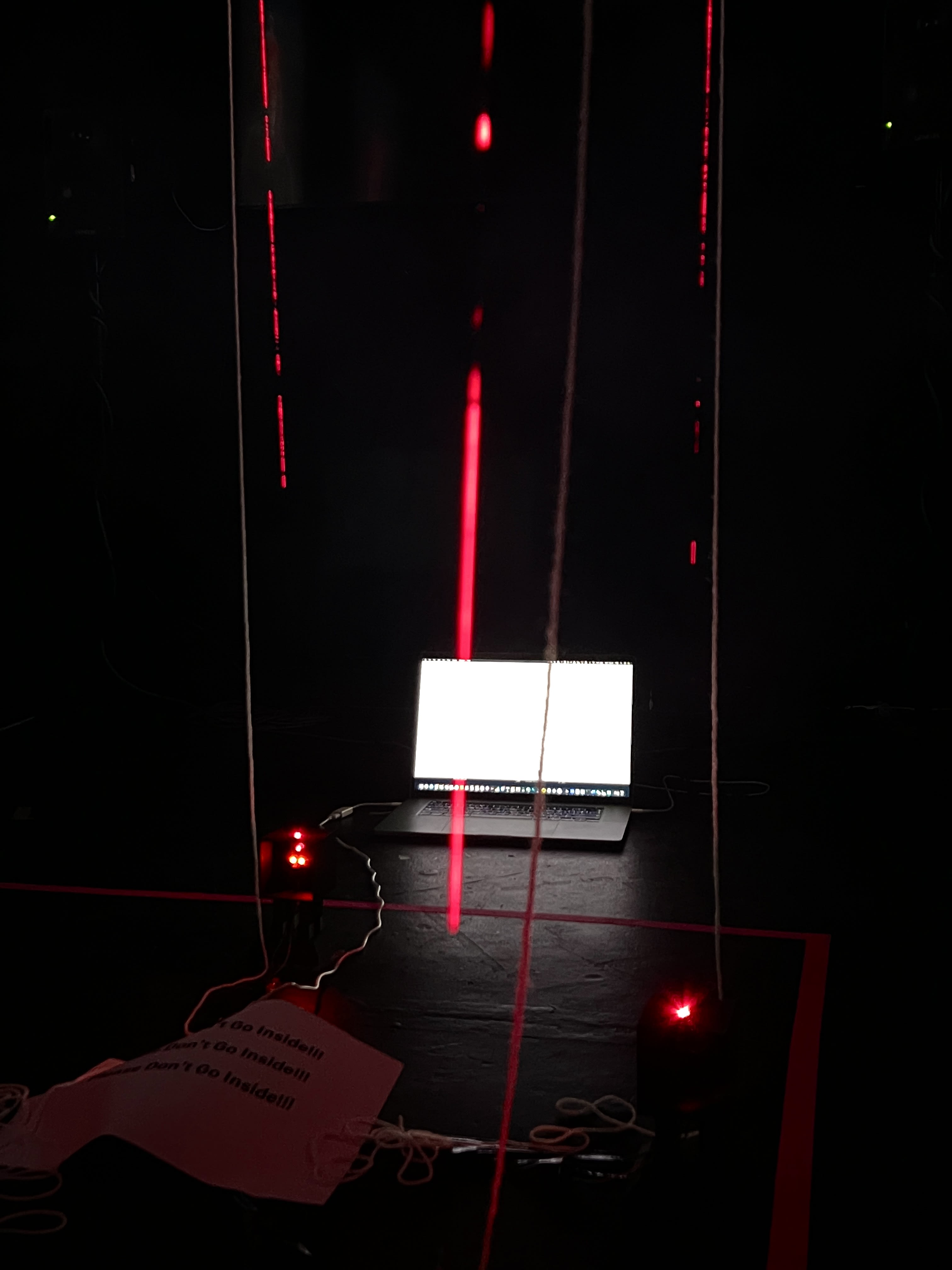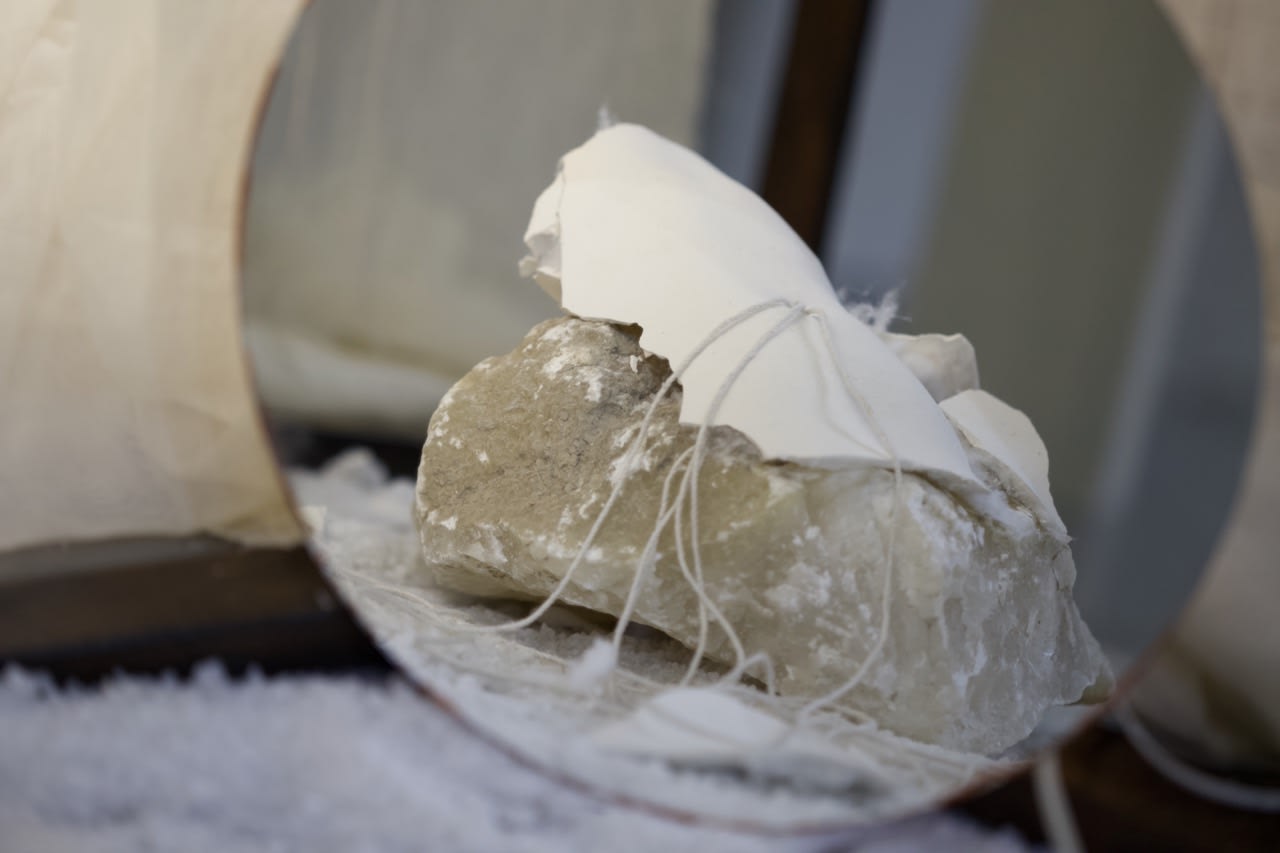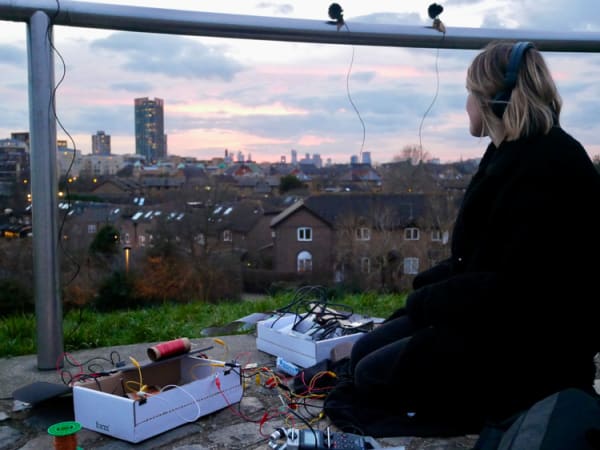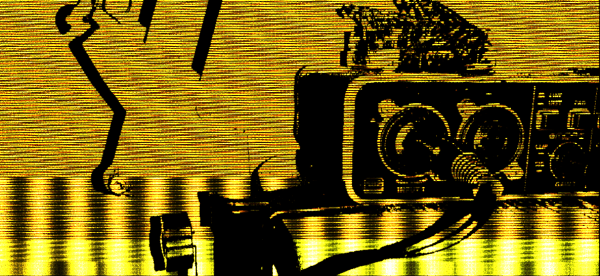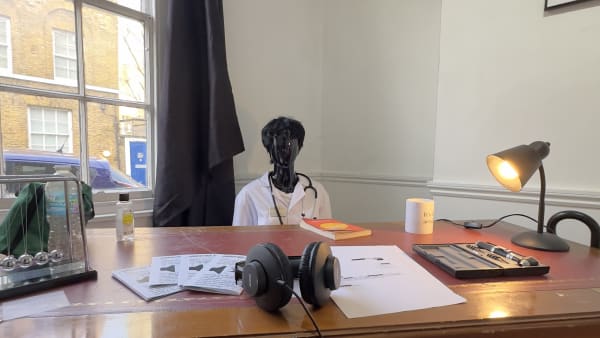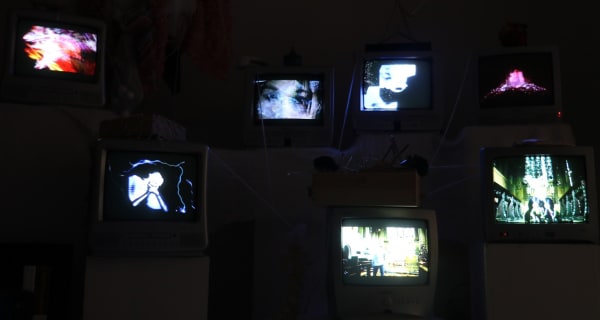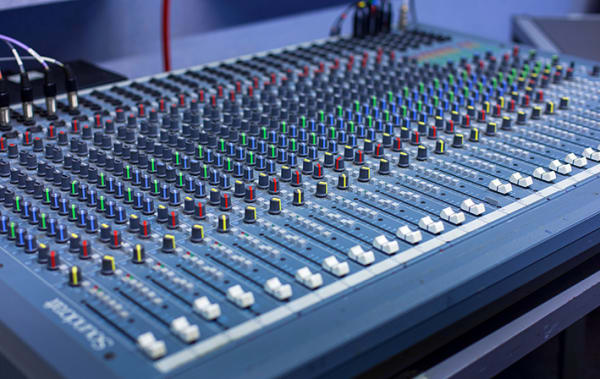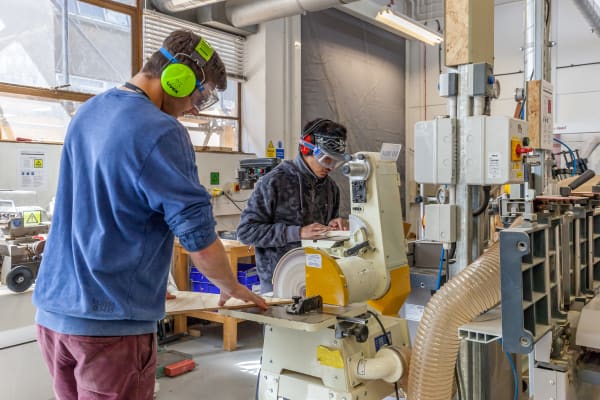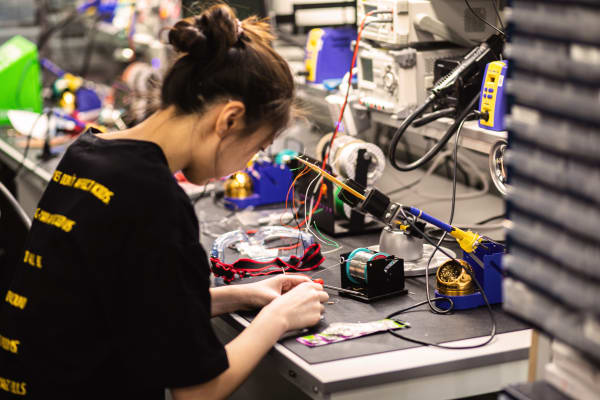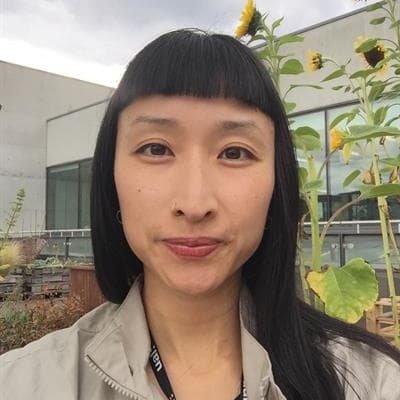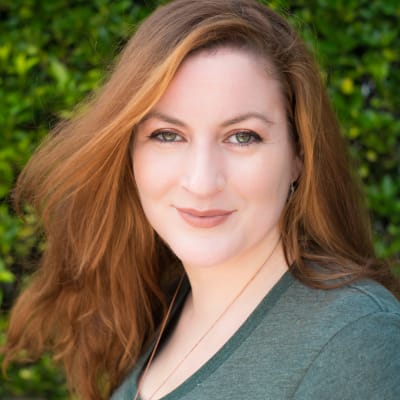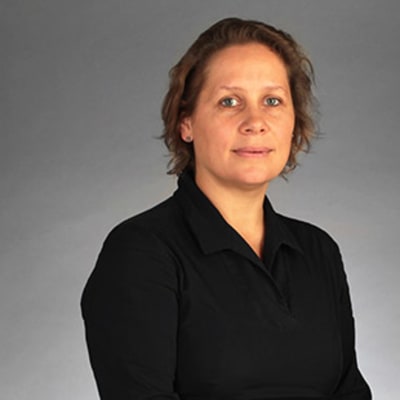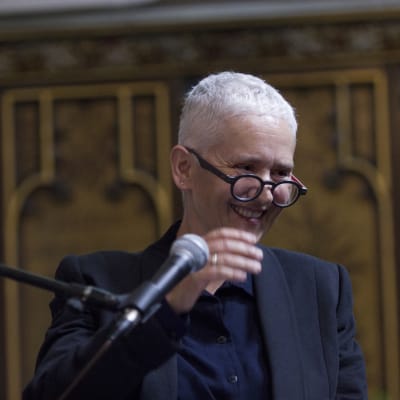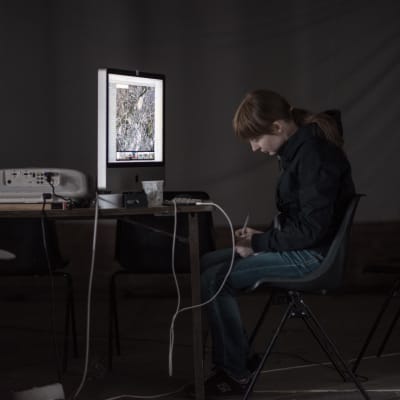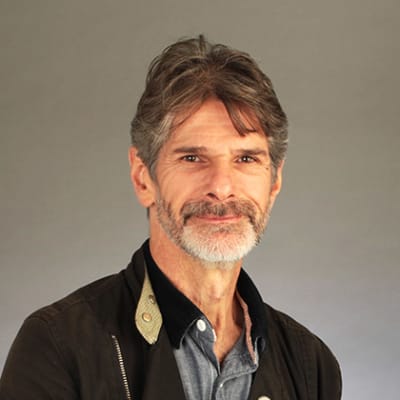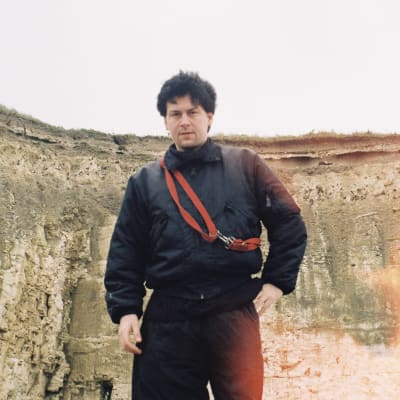Course units
In response to the Climate Emergency, UAL has embedded responsible practices within the curriculum. We shaped our courses around principles of social and racial justice, and environmental sustainability that ensure learning outcomes reflect the urgent need to equip you with the understanding, skills, and values for ethical practice and empower you to work towards an equitable future.
In common with all courses at the University of the Arts London, this course is credit rated. The course is 3 years, levels 4-6. Each year requires you to achieve 120 credit points. To be awarded the BA (Hons) Sound Arts: Design qualification, you need to accumulate a total of 360 credits.
Year 1
The first year of the course establishes a foundation of creative approaches, technical skills, contextual and critical knowledge and communication skills associated with contemporary sound art and design.
This year is focused on enabling you to create innovative, relevant and personal sound art, guided by your tutors and allowing you to gain confidence in presenting your work to your peers.
Introduction to Sound Arts (20 credits)
This unit introduces historic and contemporary trends in sound arts. In addition, it orientates you within the course, the College and University, introducing the learning skills and requirements of effective studentship.
Audio Fundamentals (20 credits)
Introduces the critical, creative and technical fundamentals that underpin sound arts through a series of lectures and workshops.
Studio Practices (20 credits)
You’ll explore the technologies and techniques of contemporary studio practices, focusing on aesthetics, style and artistic precedence.
Global Sonic Cultures (20 credits)
You'll be introduced to 21st century sound art, design and experimental music, the practitioners involved, the historic and geographic background and the issues that arise from their work.
Creative Sound Projects (20 credits)
You'll develop further skills for making contemporary sound art using a range of relevant materials, techniques and strategies.
Designing Sound (20 credits)
This unit introduces you to the core methods, skills, and techniques associated with the sound design discipline.
Year 2
Having completed Year 1, you choose to develop specific skills in greater depth during Year 2. The capacity for creative practice and critical thinking is enabled during practical projects, informed by the Sound Installation and Specialist Elective units. You'll also undertake individual sound studies research and professional opportunities for public-facing collaborative sound art production.
Sound Studies and Auditory Narratives (20 credits)
This unit develops critical awareness of the primary themes which emerge from sound art culture in the 21st century. You'll be introduced to the audio essay as a critical sonic tool in relation to the contemporary engagement with issues of climate, social and racial justice.
Sound Installation (20 credits)
You'll explore sound installation as a significant area within contemporary sound arts and more broadly the position of sound in a gallery, museum or other public art contexts.
Specialist Elective (20 credits)
This unit offers you the opportunity to specialise developing critical, creative and technical excellence in specific areas of sound art practice. These specialisms may include: Advanced Recording Techniques, Game Audio, Improvisation, Instrument Design and Fabrication, Modular Electronics, Multichannel and Spatial Sound, Sound and Interactive Media, and Sound for Screen.
Sound Arts Now (20 credits)
This unit allows you to develop a substantial piece of written work and alongside other unit teaching prepares you for the final year research project. It encourages critical and creative consideration for cultural diversity through the lens of gender, race and class, alongside climate, ecological and social justice contexts within sound arts.
Collaborating (20 credits)
This unit offers the opportunity to work collaboratively with students from other courses and disciplines, and more widely with external collaborators. In addition, the unit focuses on enterprise, employability, professional ethics.
Sculpting Sound (20 credits)
You'll further develop skills and techniques within the discipline of sound design by focusing upon ways in which sound design may be employed across a range of artforms and media.
Year 3
Year 3 develops those skills learnt in previous years by immersing students in their chosen specialist areas. You'll develop a substantial portfolio of work that represents you as a sound artist. This is accompanied by a written dissertation or audio essay. An important part of Year 3 prepares you for professional life and helps you to define and explore potential career paths following graduation. These include working for production houses, creative agencies, record labels, festivals, arts organisations and games companies or working independently as a freelance sound artist. Students may also progress onto a master’s program, either at LCC (e.g. MA Sound Arts) or elsewhere.
Research Project (40 credits)
This unit allows you to develop extended knowledge of a specific topic of your choice within sound arts through either text (dissertation) or an equivalent audio essay (sound work) with supporting text.
Portfolio (60 credits)
The aim of this unit is to provide you with the opportunity to research, develop, produce and present a substantial portfolio of original creative work which integrates the techniques, practices, aesthetics, contextual and cultural backgrounds provided by the other units of the course.
Professional Futures (20 credits)
Building a professional development pack comprising of online presence, CV, show reel (or equivalent), you will generate a critical appraisal of your learning journey as well as research into employment progression opportunities.
Optional Diploma between Years 2 and 3
Between Years 2 and 3 of the course, you’ll also have the opportunity to undertake one of the following additional UAL qualifications:
Diploma in Professional Studies (DPS) (Optional)
An optional, year-long learning opportunity which enables you to develop your professional skills by undertaking time out for industry experience. Supported throughout the year by academics, you’ll build on the knowledge gained on your course in a range of national or international locations, and graduate with an additional qualification of Diploma in Professional Studies.
Diploma in Creative Computing (Optional)
Between Years 2 and 3, you can undertake the year-long Diploma in Creative Computing. This will develop your skills in creative computing alongside your degree. After successfully completing the diploma and your undergraduate degree, you’ll graduate with an enhanced degree: BA (Hons) Sound Arts: Design (with Creative Computing).
UAL Diploma in Apple Development (Optional)
This optional diploma can be taken between years 2 and 3. Over the extra year you’ll become an Apple developer, undertaking a learning programme which includes content from Apple’s official ‘Develop in Swift’ curriculum. After successfully completing the diploma and your undergraduate degree, you’ll graduate with an enhanced degree: BA (Hons) Sound Arts: Design (with Apple Development).
